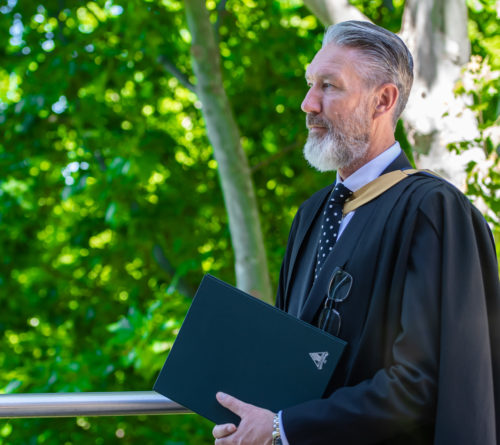From the Deputy Head Master – Summer Hill
Talk about finishing with a bang, rather than a whimper! It has been a wonderful last week of term with the House Singing Competition heats where melody was optional, but the air was thick with enthusiasm, House spirit and healthy competition; Tuesday evening’s Winter Concert, where the juxtaposition of performances from a panoply of musical styles and eras including Elgar, Britten,
Tito Puente and Radiohead was somehow pulled off by my colleagues and your sons; an outstanding Annual Cadet Unit Ceremonial Parade led by RSM Curtis Sioulas 12La and SUO Eric Mihas 12La; the Dining In Night for the departing Year 12 Cadets of the Class of 2022; and where the Marching Band was, as always, outstanding.
My very best wishes to the next generation of young leaders who head to the Field Studies Centre on the Annual Cadet Promotions Camp, and to our skiers who will compete in the Snow Sports Sydney Regional Championships at Perisher Valley over the break. Of course, there is the usual cornucopia of training sessions, clinics, and HSC and IBD workshops. You may recall that a couple of weeks ago I shared Hugh Browning’s 12Du occasional remarks to the School. As I reflect on opportunities that are set before your sons at Trinity, I think they bear repeating. He shared his personal reflection on the importance of the benefits of throwing oneself into all that the School has to offer when he recounted the anecdote that in Dulwich House, every year since I was in Year 7, we have a tradition of asking the Year 12s what they would have done differently if they could turn back the clock. And every year, we hear the same thing over, and over again; “I wish I did more co-curriculars,” “I wish I had more fun,” “I wish I tried more things.” And every year I wondered why these boys all have such similar answers. So, I decided that I wouldn’t have that same answer in Year 12, and I decided to get involved in as many things as I could. I have participated in 8 or 9 co-curricular activities, been a bench warmer for multiple sporting teams and been sent about 100 emails about how the co-curricular transfer window had already been closed, and I don’t regret any of it.
In what has continued a purple patch of School Officers’ occasional remarks to your sons, Patrick Williams 12La spoke very well this week about confidence and pushing through the natural anxiousness or worry when we are faced with stressful situations. The starting point for us is that it is both predictable and natural that as human beings we experience a full range of feelings. As adults, we have the life experience to know that life comes in seasons, and we ought not be surprised that there are times when we are sad or unhappy or anxious. Life is not always simple, and no-one can be happy all the time because we are powerless to make the world conform to our desires. And that is a very good thing, because that is how we learn to be resilient. Just as steel is tempered by fire, so we are made stronger by the challenges we overcome. How we learn to cope with the vicissitudes of life; the unfairness, the disappointment, the tragedy, and the frustration is important, because the alternative is just to give up.
At Trinity, we are committed to helping you help your sons to grow to become resilient, empathetic men, and the measure of your parenting, and our ethos of breadth, challenge, and support, is not likely to be seen for some years. For that reason, we talk frequently with them about resilience, a quality that we must all develop that is essential to coping with the vicissitudes of life. We become stronger and more resilient if we avoid catastrophising challenges or stressful situations into insurmountable obstacles, and he offered some pithy and well thought out advice. A precis of Patrick’s remarks follows.
How great is the feeling when you are in a difficult situation and have complete belief in your ability to deal with it? I have found self-confidence to be unbelievably important in so many different aspects of my life, from my academics to my social life as well as my sport. It is no coincidence that I perform at my best when I have the belief in myself that I will succeed. Interestingly, psychologists have conducted a significant amount of research into the effect of self-confidence on performance, and I would like to bring to your attention a study by Professor Margaret Fry from Sydney University looking at the impact of confidence on the clinical decision-making of nurses in emergency departments. The findings of her study were unambiguous, it was found that self-confidence significantly influenced critical thinking and problem-solving ability. Similarly, a study by sports psychologist Dr Kate Hays found a significant correlation between self-confidence and successful sporting performance.
Now, I suspect you are thinking to yourself; “Pat, I understand the importance of self-confidence but how do I become more self-confident?” Well, firstly, your locus of control is extremely important. Your locus of control is your perception of whether the outcomes of your life are controlled by external forces or by yourself. If you want to have self-confidence, it is likely you have an internal locus of control, a mindset that believes that the outcomes of your life happen because of your own actions. Once you believe that you control your destiny and have an internal locus of control, you are one big step toward becoming more self-confident.
Bradley Barr | Deputy Head Master – Summer Hill
















